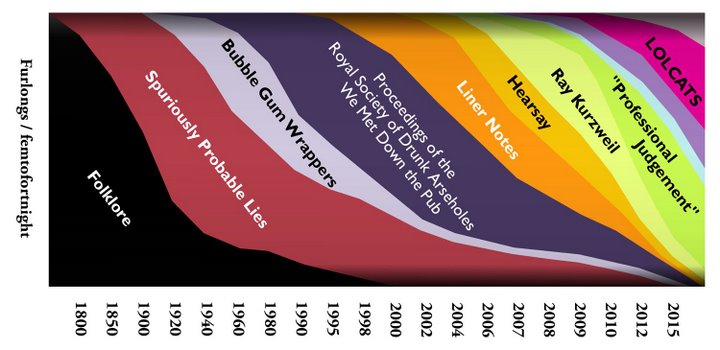Snowe-clone
Stephen Colbert on Olympia Snowe (Colbert Report, Oct. 14):
We are now one step closer to a nightmare future where everyone has health insurance. And I will tell you who I blame: Maine Senator Olympia Snowe, the only Republican who voted in favor of the bill. And folks, I am angrier than an Eskimo… because I have 300 words for Snowe, and I can't say one of them on TV.
(Hat tip: Greg Howard.) The title for this post is lifted from the Twitter feed of Michael Covarrubias (aka Wishydig):
Susan Collins, R-Maine has hinted at a 'yes' vote. and only linguabloggers have "snowe-clone" in their repertoire of bad puns.


